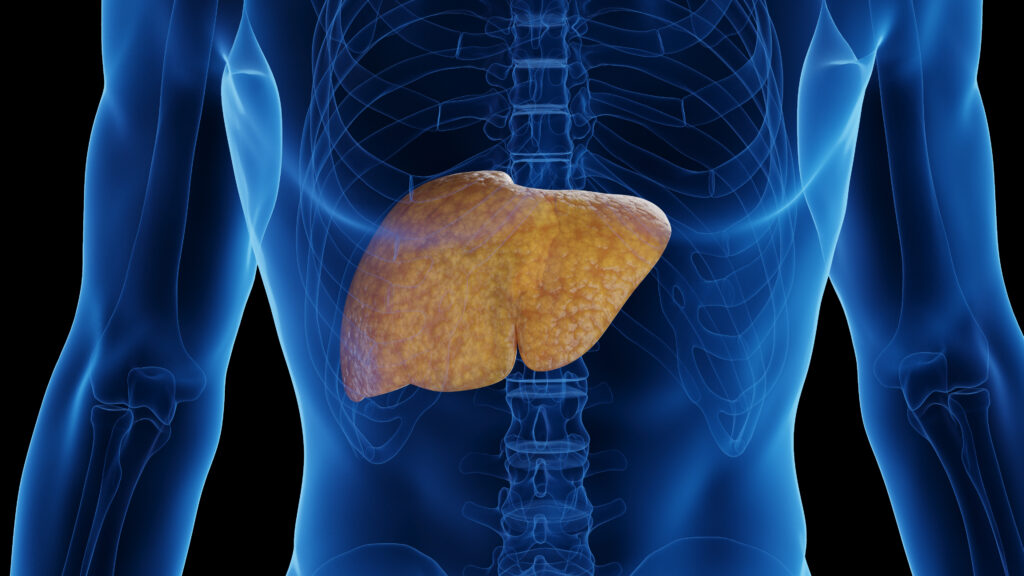Hepatitis C is like a sneaky shadow. It creeps in quietly, often unnoticed, until it starts showing symptoms. This blog is here to pull back the curtain on Hepatitis C symptoms, helping you recognize them and understand their importance.
Introduction to Hepatitis C
Hepatitis C is a virus affecting the liver, with millions impacted globally. Most people don’t know they’re infected until significant hepatitis C symptoms appear. This silence makes it a dangerous foe. Unfortunately, unless you know what to look for, it can go undiagnosed. The aim of this guide is to spread awareness about how crucial recognizing hepatitis C symptoms early can be. When you know the signs, you can act promptly to manage and treat the infection effectively.
Understanding Hepatitis C
Hepatitis C is a virus that leads to liver inflammation. It spreads primarily through contaminated blood. Common ways to contract it include sharing needles or improper medical practice. This infection has two phases: acute and chronic. The acute phase is the early stage and can last several weeks. If it goes unchecked, it may become chronic, lasting over six months. Early detection of hepatitis C symptoms is pivotal. Recognizing the difference between these phases and understanding the causes for hepatitis C can make treatment easier and more effective.
Why Hepatitis C Symptoms Often Go Unnoticed
People often mistake hepatitis C symptoms for general illnesses. Fatigue, fever, and aches sound like common ailments, making them easy to ignore. Many people live with the virus without any noticeable symptoms for years. This means they unknowingly risk passing it to others. It underscores why routine testing is important, even if you feel fine. Being aware of the causes for hepatitis C can guide you in recognizing when testing might be necessary.
Early Signs of Acute Hepatitis C
After being exposed to Hepatitis C, acute symptoms can appear in as little as two weeks or as long as six months later. Possible acute symptoms include:
- Tiredness or fatigue
- Fever
- Muscle or joint aches
However, not everyone experiences these symptoms. Some might not notice any changes, making routine testing key to identifying the condition as early as possible.
Impact of Chronic Hepatitis C Symptoms
Chronic Hepatitis C is defined by its persistence beyond six months. Over time, more serious symptoms can develop, such as:
- Jaundice, which is yellowing of the skin and eyes
- Swelling in the legs or abdomen
- Persistent fatigue
- Confusion or difficulty thinking clearly, known as hepatic encephalopathy
These symptoms signal deeper liver issues and can indicate severe liver damage. Long-term liver damage is one of the most serious consequences of Chronic Hepatitis C. Recognizing and acting early on these signs can prevent escalation.
Recognizing When to Seek Medical Advice
If you suspect hepatitis C symptoms, don’t wait. Consult a healthcare provider promptly. Awareness plus action can significantly alter health outcomes. Testing is essential for confirmation, ensuring potential infections are addressed timely. Prioritize your health and seek medical advice quickly when any suspicious symptoms arise.
Common Misconceptions about Hepatitis C Symptoms
There are myths that hepatitis C symptoms aren’t serious or that “only certain people are at risk”. The truth is: Symptoms don’t always reflect the severity of the disease. Some people might have mild symptoms but severe liver damage. Others might have no symptoms at all. And Hepatitis C doesn’t discriminate; anyone can be affected, highlighting the need for everyone to be informed and cautious.
The Critical Role of Early Detection
Early diagnosis of hepatitis C symptoms is crucial in preventing serious liver damage. With early detection, treatments available today are very effective, often curing the infection. Whether or not symptoms are apparent, getting checked, especially if exposed, can save future complications.
Conclusion
Awareness of hepatitis C symptoms can be life-saving. Knowing the signs and understanding their importance can lead to early detection, optimal management, and treatment. If you’ve been exposed, or feel at risk, don’t hesitate to get screened. Taking this step might be the best decision for your long-term health.

